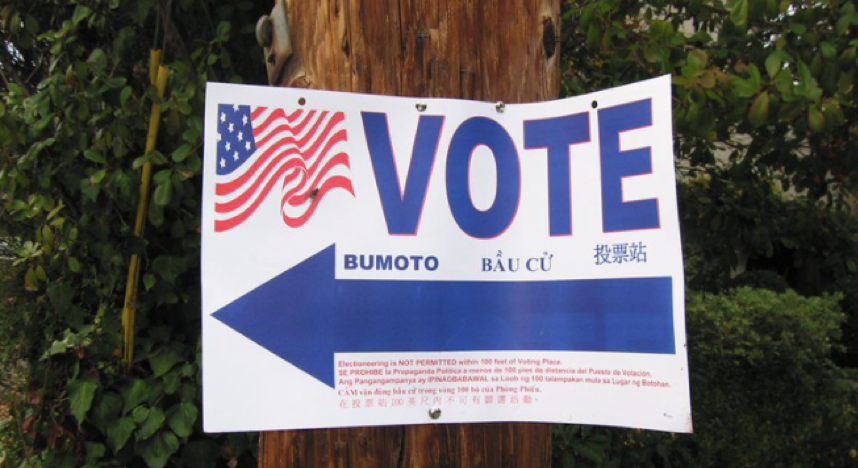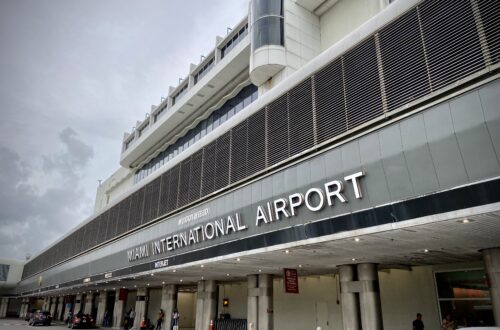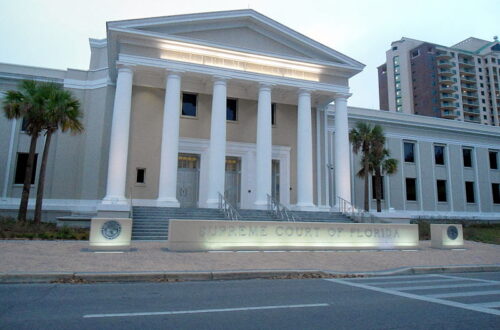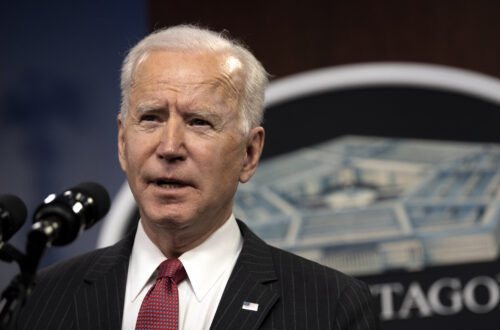In a 6-4 decision, the 11th Circuit Court of Appeals ruled that former felons must pay any outstanding court fines before restoring their voting rights. The federal appeals court overturned a former ruling establishing that former felons were not required to pay any outstanding fines to have their voting rights restored.
Chief Judge William Pryor wrote in the majority opinion that requiring former felons to pay any outstanding fines does not constitute a poll tax. He emphasized that the law “promotes full rehabilitation of returning citizens and ensures full satisfaction of the punishment imposed for the crimes by which felons forfeited the right to vote.”
“Monetary provisions of a sentence are no less a part of the penalty that society imposes for a crime than terms of imprisonment. Indeed, some felons face substantial monetary penalties but little or no prison time,” Pryor wrote.
The ruling is just another critical decision at a time of mounting legal battles for the right to vote across the country. In Florida, the restoration of voting rights for former felons, excluding those convicted of murder and sexual assault, is a contentious issue amid the 2020 election.
The bitter legal battle started when the Florida legislature passed Senate Bill 7066 in June 2019 after Florida voters overwhelmingly approved the restoration of voting rights for former felons in the 2018 midterms. SB 7066 required former convicted felons to pay any outstanding fines before given the right to vote.
Former felons and civil liberties groups sued Governor Ron DeSantis (R-Fla.) for violating their constitutional right to vote. In August, a district court judge ruled in favor of the plaintiffs, arguing that DeSantis’ bill was a modern-day poll tax, which is unconstitutional.
DeSantis’ lawyers quickly filed an appeal with the circuit court, which temporarily blocked the ruling in July until the full case was heard and decided in September.
Civil liberties groups filed an emergency application for the U.S. Supreme Court to hear the case as a response to the circuit court’s decision to block the lower court’s ruling. The Supreme Court denied the application to intervene in the case until the circuit court decided the case.
The Sept. 11 decisions will limit who can vote in Florida, impacting the lives of thousands of people who were planning to vote.
Desmond Meade, head of the Florida Rights Restoration Coalition, explained that the court decision was “a blow to democracy to the hundreds of thousands of returning citizens who want to participate but may not have the opportunity to do so.”
Meade’s group, among many others, were at the forefront of the restoration of voting rights for 1.2 million people after Amendment 4 passed in the 2018 midterm elections.
Dan Smith, elections expert and professor of political science at the University of Florida, estimates that over 775,000 people, about 74% of those with felony convictions, will not be eligible to vote based on the latest court ruling.
775,000 extra votes in the November election will certainly impact outcomes up and down the ballot, especially considering how many important races in Florida are decided by razor-thin margins.
Featured Image: A voting sign outside a polling place. Unmodified Photo by Ho John Lee Under Creative Commons License 2.0 (https://bit.ly/35UFA5b)
Check out other recent articles from the Florida Political Review here.





